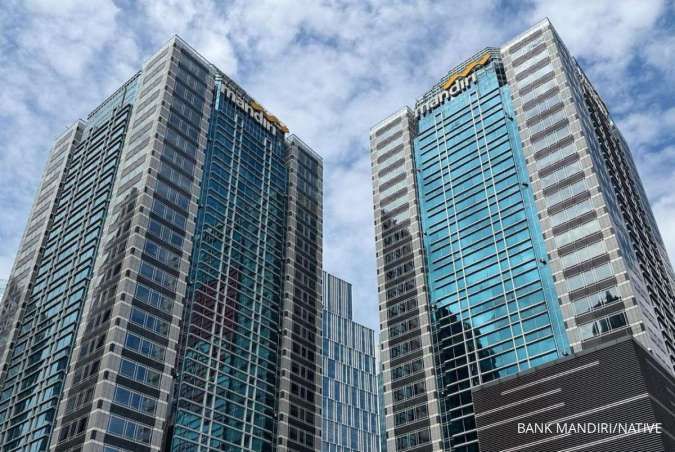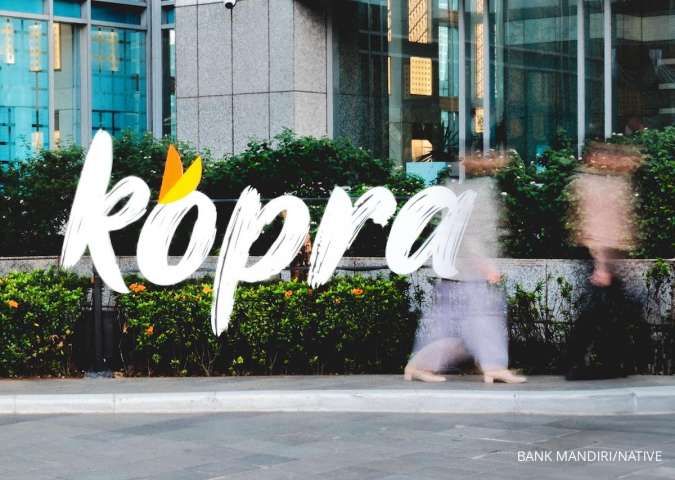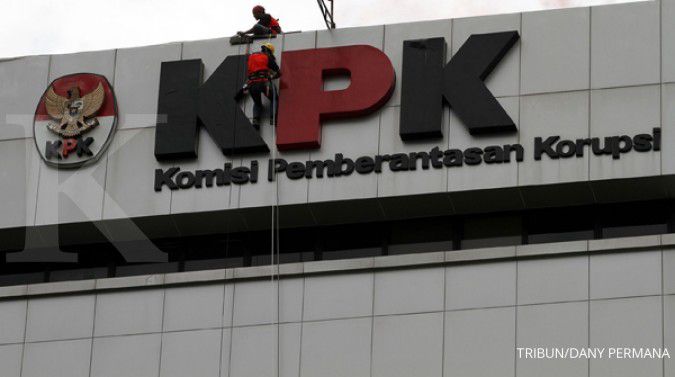JAKARTA. The National Narcotics Agency (BNN) revealed recently that it has committed to combatting international narcotics dealers who reportedly operate a wide and strong network. The agency has found the groups use many strategies to get a firm footing, including marrying local women. “Fighting domestic drug dealers is easier as we receive some help from local police, but fighting international drug syndicates requires more effort and more people,” BNN drug eradication division deputy chairman Brig. Gen. Dedy Fauzi Elhakim told The Jakarta Post recently. He said international drug dealers in Indonesia were mostly from three areas: China, Iran and African countries. The dealers have different strategies that change constantly. Drug dealers from China, for instance, tend to smuggle a huge amount of drugs using ships that are docked in illegal ports. One major case involved a Chinese drug dealer who smuggled 862 kilograms of methamphetamine into Indonesia from an illegal port in Dadap Kosambi subdistrict, Tangerang, in January. Last week, BNN arrested three dealers of Chinese nationality trying to smuggle 44 kilograms of meth. The drugs were found in two separate locations in Central Jakarta. A kilogram of meth is valued at around Rp 1 billion (US$76,000) to Rp 1.5 billion, depending on the quality of the drug. Dealers from Iran have something in common with the Chinese smugglers, as they also typically attempt to smuggle a huge amount of drugs into Indonesia. In February last year, BNN arrested two Iranians in possession of 40.1 kilograms of meth. BNN apprehended them as they were digging a hole in which to bury the drugs at the Tikungan Satu Nature Reserve in Pelabuhan Ratu, West Java. The Cibadak District Court in Sukabumi sentenced the dealers to death in January. Meanwhile, dealers from African countries usually bring a small amount of drugs, or less than five kilograms, to Indonesia. Some of the dealers come from countries including Kenya, South Africa and Nigeria. They have several ways of hiding the narcotics, including mixing them with other materials, or swallowing the drugs when they travel by airplane. Dedi said the dealers from China, Iran and Africa had different tactics when they dealt with Indonesians. “Dealers from China will trust no one except their fellow countrymen or those of Chinese-Indonesian descent. They are more exclusive compared to dealers from Iran or Africa,” he explained. While Chinese dealers have their own exclusivity, dealers from Iran and Africa are quite friendly to Indonesians. Dedi said, both Iranian and African dealers are often married to Indonesian women; however, African dealers tended to use their wives as couriers. “In some cases, we found African dealers are married to more than one local woman in different areas. Both of the wives are couriers,” he said. BNN head Comr. Gen. Anang Iskandar said international drug syndicates had taken advantage of the country’s porous maritime borders. “Drug syndicates see an opportunity here. We will boost security on our seas,” he said. (Nani Afrida)
RI besieged by int’l drug rings
JAKARTA. The National Narcotics Agency (BNN) revealed recently that it has committed to combatting international narcotics dealers who reportedly operate a wide and strong network. The agency has found the groups use many strategies to get a firm footing, including marrying local women. “Fighting domestic drug dealers is easier as we receive some help from local police, but fighting international drug syndicates requires more effort and more people,” BNN drug eradication division deputy chairman Brig. Gen. Dedy Fauzi Elhakim told The Jakarta Post recently. He said international drug dealers in Indonesia were mostly from three areas: China, Iran and African countries. The dealers have different strategies that change constantly. Drug dealers from China, for instance, tend to smuggle a huge amount of drugs using ships that are docked in illegal ports. One major case involved a Chinese drug dealer who smuggled 862 kilograms of methamphetamine into Indonesia from an illegal port in Dadap Kosambi subdistrict, Tangerang, in January. Last week, BNN arrested three dealers of Chinese nationality trying to smuggle 44 kilograms of meth. The drugs were found in two separate locations in Central Jakarta. A kilogram of meth is valued at around Rp 1 billion (US$76,000) to Rp 1.5 billion, depending on the quality of the drug. Dealers from Iran have something in common with the Chinese smugglers, as they also typically attempt to smuggle a huge amount of drugs into Indonesia. In February last year, BNN arrested two Iranians in possession of 40.1 kilograms of meth. BNN apprehended them as they were digging a hole in which to bury the drugs at the Tikungan Satu Nature Reserve in Pelabuhan Ratu, West Java. The Cibadak District Court in Sukabumi sentenced the dealers to death in January. Meanwhile, dealers from African countries usually bring a small amount of drugs, or less than five kilograms, to Indonesia. Some of the dealers come from countries including Kenya, South Africa and Nigeria. They have several ways of hiding the narcotics, including mixing them with other materials, or swallowing the drugs when they travel by airplane. Dedi said the dealers from China, Iran and Africa had different tactics when they dealt with Indonesians. “Dealers from China will trust no one except their fellow countrymen or those of Chinese-Indonesian descent. They are more exclusive compared to dealers from Iran or Africa,” he explained. While Chinese dealers have their own exclusivity, dealers from Iran and Africa are quite friendly to Indonesians. Dedi said, both Iranian and African dealers are often married to Indonesian women; however, African dealers tended to use their wives as couriers. “In some cases, we found African dealers are married to more than one local woman in different areas. Both of the wives are couriers,” he said. BNN head Comr. Gen. Anang Iskandar said international drug syndicates had taken advantage of the country’s porous maritime borders. “Drug syndicates see an opportunity here. We will boost security on our seas,” he said. (Nani Afrida)



